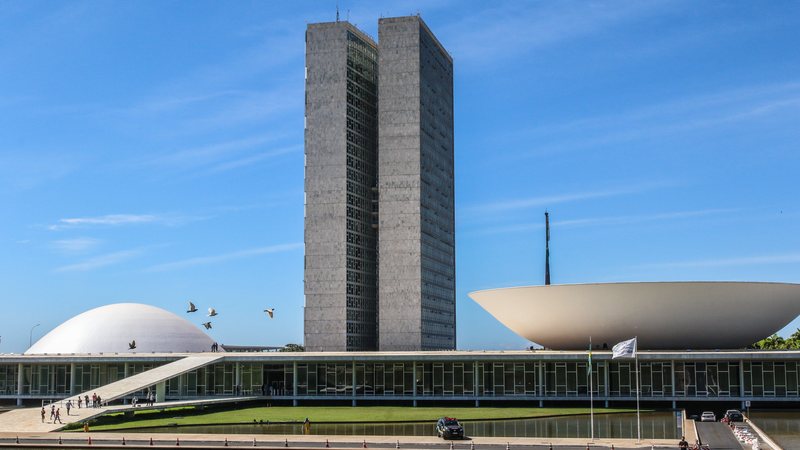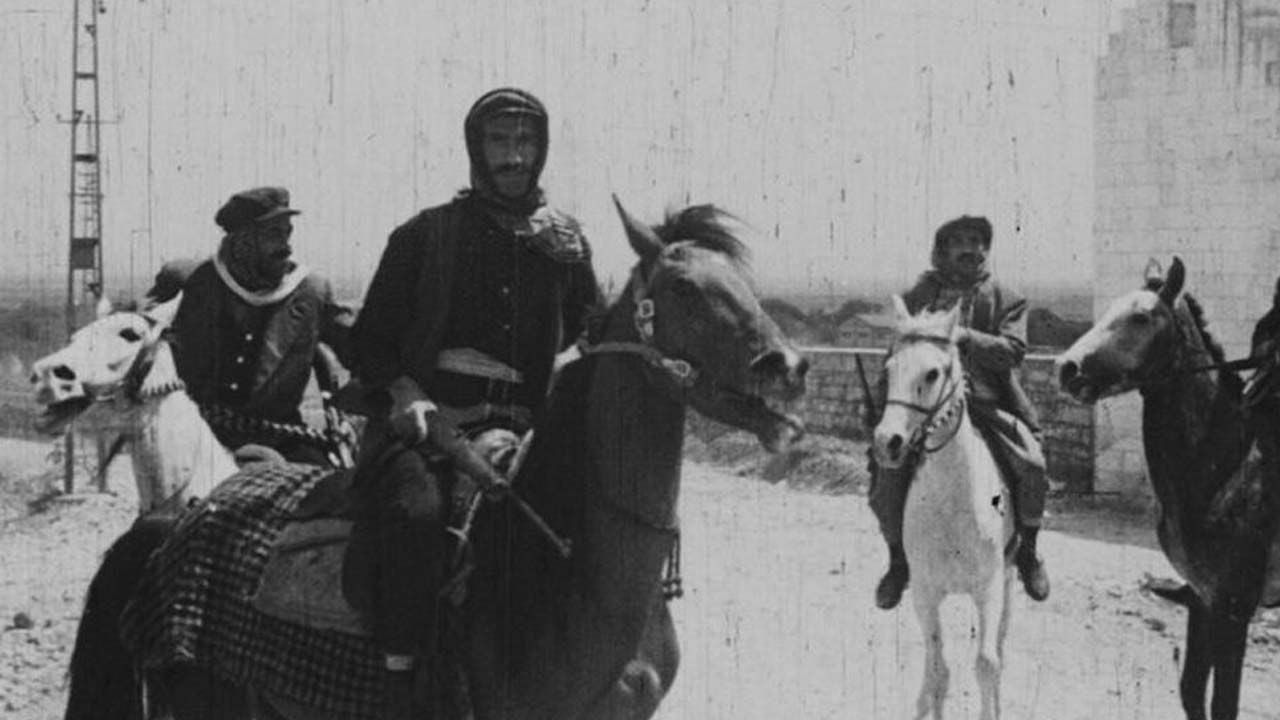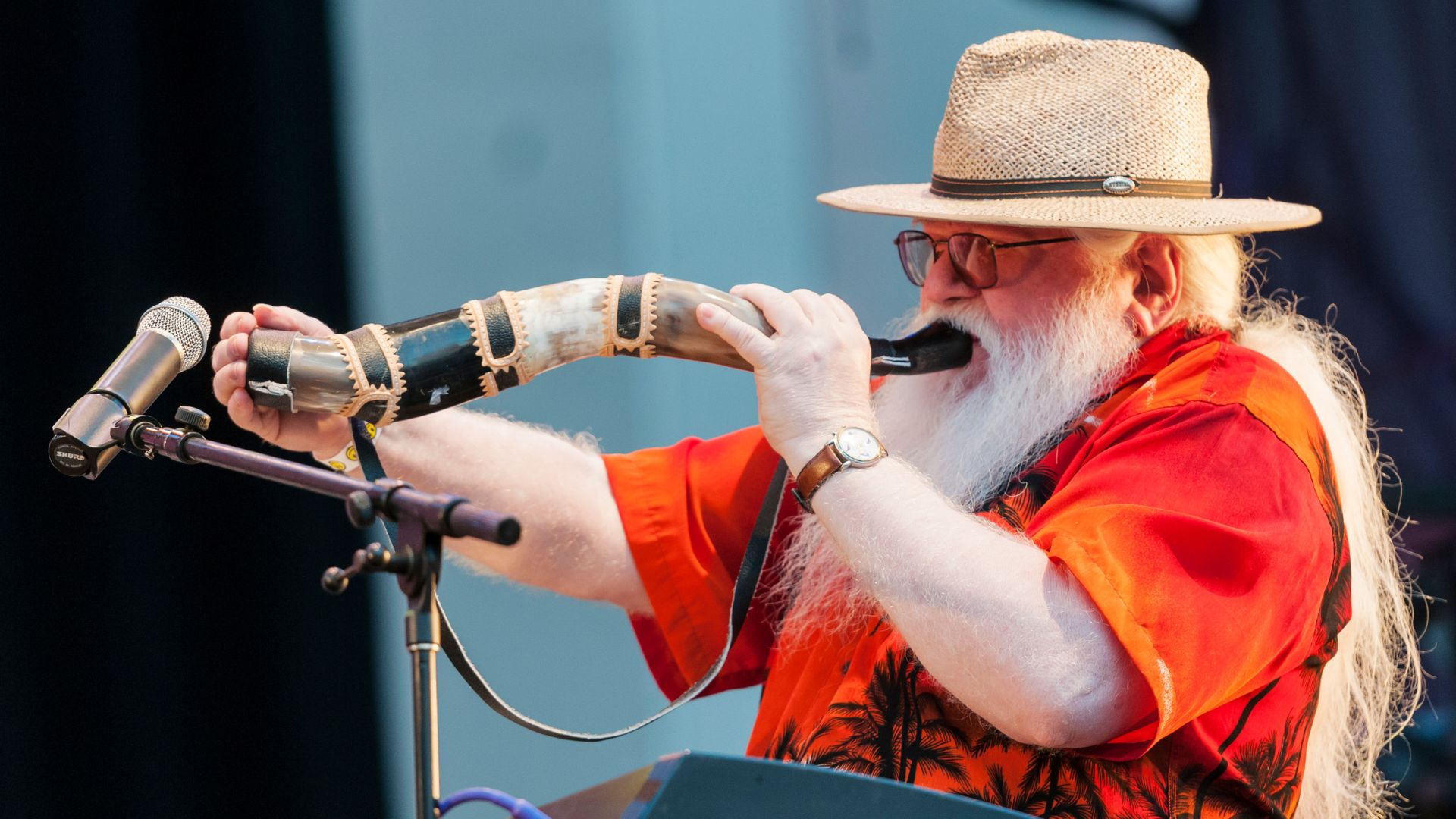Entities presented this Monday, 8th, a letter to the Federal Senate in defense of the rights of creators, artists and producers, in the face of the advancement of Generative Artificial Intelligence
In an act of collaboration between the main segments of the creative economy, several entities representing the Musical, Audiovisual, Literary and Dramaturgy sectors joined forces to present a letter of recommendations to the federal Senate. The document proposes the inclusion of specific provisions in Bill 2338/2023, authored by the Senator Rodrigo Pacheco and under the report of the Senator Eduardo Gomeswhich aim to ensure the rights of artists and creators in the face of the challenges posed by the advancement of AI, especially Generative AI.
The initiative was joined by Institute of Brazilian Lawyers (IAB)The Federal Copyright Commission of the Federal Council of the Brazilian Bar Association (OAB)The Brazilian Association of Radio and Television Broadcasters (ABERT)The Brazilian Press Association (ABI)The Brazilian Newspaper Association (ANJ) and the Brazilian Copyright Association (ABDA)which further strengthens the message of the creative sectors.
The song was represented by Association Search for Knowledgewhich brings together artists of the highest relevance in national culture, Pro-Música Brasil (Phonographic Producers), ABMI (Independent Music), ABRAMUS, UBC and the other musical Collective Management Societies that are directors of the ECAD who also signs the document, in addition to UBEM (Music Publishers).
The literary publishing sector participates with the ABDR (Reprographic Rights), SNEL (Book Editors Union), Brazilian Book Chamber (CBL) and the ABRELIVROS.
From the audiovisual department, they sign the document, in addition to the OPENO GEDAR (Authors/Screenwriters), INTERARTIS BRASIL (TV and Audiovisual/Cinema actors and actresses), DBCA (Cinema and Audiovisual Directors) It is AUTVIS (Visual Authors). Other adhesions to the initiative are expected in the coming days.
The letter is being delivered to Senators participating in the Senate Temporary Committee which analyzes the topic of Artificial Intelligence at the moment and to other Senators and Deputies interested in the matter, marking the dialogue between the artistic class and the Legislature on a subject so crucial for creators and producers of cultural content.
They are in Brasília bringing the position of the artistic sector to the Senators, Paulo RosaPresident of Pro-Música BrasilIt is Sydney SanchesPresident of Institute of Brazilian Lawyers (IAB) and from National OAB Copyright Commission.
Check out the full document below, with the demands and suggestions presented:
To Your Excellencies Senators,
The entities whose logos appear in this letter, representatives of the Musical, Audiovisual, Editorial, Dramaturgy sectors, as well as class representation entities such as the Brazilian Lawyers Institute and the Federal Copyright Commission of the Federal Council of the Brazilian Bar Association, come to present recommendations to include in PL 2338/2023, authored by Senator Rodrigo Pacheco, with reporting by Senator Eduardo Gomes, devices that will ensure the rights of creators and interpreters of artistic works, intellectual works and protected productions, in order to avoid the subtraction of the rights of the entire artistic class.
PL 2338/2023, presented with the purpose of establishing a Civil Framework for Artificial Intelligence, represents an important legislative initiative and follows the concern of the international community in regulating the appropriate use of Artificial Intelligence, especially Generative AI, so that they are maintained the rights of third parties and full transparency of their development. The European AI Act, approved last month, came with these premises and its original version, dated 2021, inspired PL 2338/2023.
There is no doubt that Artificial Intelligence is a fundamental topic for the country’s social and economic development. This is a technology still under development, which must be used safely, in order to guarantee a minimum degree of risk to people.
In the case of Generative Artificial Intelligence, the technique of algorithms that stimulate machine learning was achieved, making them capable of producing new content from the mining of information and data on a large scale in numerous bases that already exist in the digital field. Repeated training of the tool, fed by a gigantic volume of information, patterns, languages and images, allows the availability of new forms and information different from the original, which, in many cases, makes it difficult to identify the works used.
In this sense, as a way of preserving society, it is important to guarantee mining through secure, impartial databases, free from ideological tendencies and that are accessed without violating the rights of third parties, including intellectual property rights, in order to avoid misuse. that may reproduce models that are harmful to the legitimate interests of copyright holders.
It is common sense that the use of material protected by copyright requires prior licensing from their respective owners. However, in the case of tools involving AI, especially the so-called generative one, the massive uses of works and productions protected by intellectual property without prior authorization, in the data mining process for the development of AI, have been the usual and its main fuel for generating texts, images and productions, representing a clear violation of intellectual property rights.
Within the scope of the creative industry, today AI is capable of generating any type of artistic works and images by training machines with protected works, so that they become part of the consumer market, discarding the original works, and resulting in unfair punishments for creators and owners. , in addition to a huge loss for the creative industry, it is imperative to prevent the prevalence of this harmful scenario.
In this sense, the subscribing entities request Your Excellencies’ support in order to consider the full guarantee of intellectual rights, as a way of preserving the rights of authors and artists, responsible for the formation of National Culture. Given this, a fair and protective standard for copyright holders must ensure respect for their exclusive right to consent, control and be compensated, as follows:
a) Consent to ensure respect for Copyright Law and know in advance which works and productions will be used in AI training.
b) Control to preserve transparency, accountability and quality of databases, preserve moral rights and understand the results.
c) Compensate to recognize the value of creation and the remuneration of creators. Therefore, to guarantee intellectual property rights, PL 2338/2023 must have a clear provision to establish that:
a) The use of protected works and productions for data mining and development of AI tools must be subject to prior authorization.
b) Content generated by AI cannot be similar to or protected by intellectual property standards.
c) Although the creative industry sectors do not find space for new exceptions and limitations to copyright, if the legislation introduces any provision, the exceptions and limitations of text and data mining and the development of AI tools must be restricted and subjected to the three-step test provided for in Brazilian law and international treaties, which regulate the principles of copyright, always preserving the prerogative of the copyright holder to authorize or prohibit the use of their work or production. Exceptions should never be considered or used for data mining or commercial training, and non-commercial uses should only be permitted in certain situations established by clear guidelines and never allow unjustified harm to copyright holders.
d) The training of AI systems and the application of algorithms by services must be transparent and allow copyright holders to control and monitor the use models of their works and productions.
e) It is important that the rules establish the objective civil liability of companies and AI developers as a regime applicable to damages caused by artificial intelligence tools.
f) The burden of proof must always fall on companies and AI developers. There is no doubt that AI will represent a strategic tool for development, but this can never mean replacing the creation and centrality of the human being in the face of cultural expressions, which represent the true strength of innovation and creativity.
In view of the proposals presented, the entities request the inclusion in PL 2338/2023 of the points listed above and reiterate their availability to contribute to the parliamentary debate, with the purpose of reaching the appropriate regulatory text. We take this opportunity to renew our assurances of high esteem and consideration.
Yours sincerely,
Signed by Sydney Sanches, President of the Brazilian Lawyers Institute (IAB) and the Copyright Commission of the National OAB.
Signed by Paulo Rosa, President of Pro-Música Brasil.
Both represent the entities whose logos appear here.
Source: Rollingstone
Earl Johnson is a music writer at Gossipify, known for his in-depth analysis and unique perspective on the industry. A graduate of USC with a degree in Music, he brings years of experience and passion to his writing. He covers the latest releases and trends, always on the lookout for the next big thing in music.







